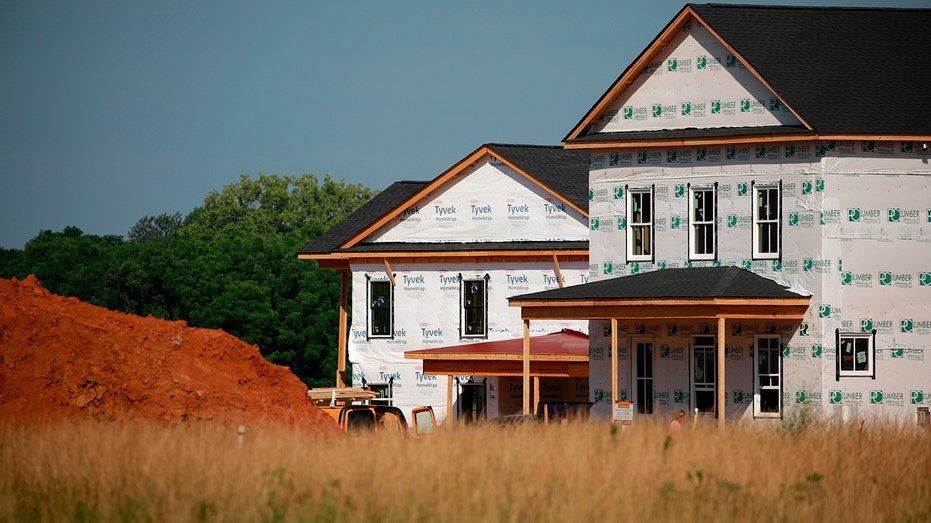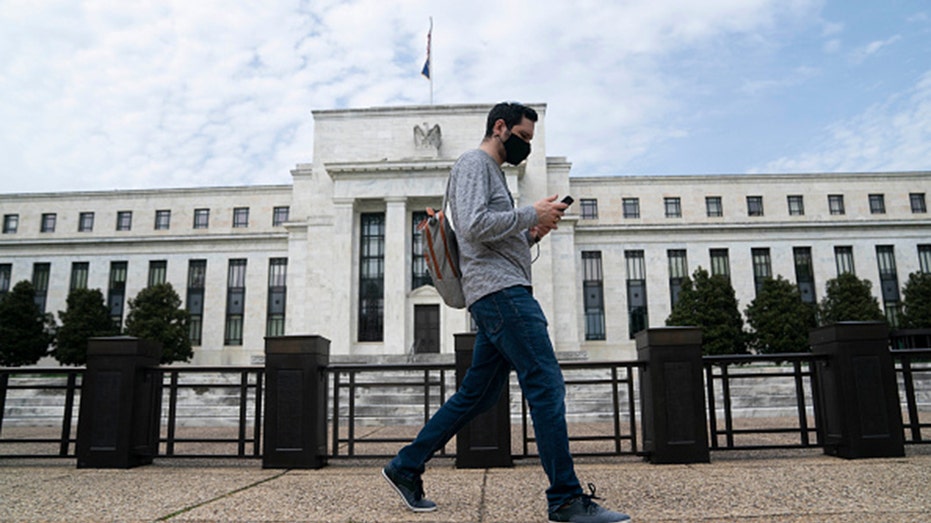Homebuilders see 'housing recession' as sentiment plunges to fresh 2-year low
Rising interest rates and abnormally high inflation triggered housing recession, NAHB says
Red hot rentals indicate housing prices will stay high: Suzanne Miller
Empire State Properties founder and president reacts to economist Mark Zandi warning a housing correction is coming on 'Cavuto: Coast to Coast.'
Confidence among builders in the U.S. housing market plunged more than expected in August to the lowest level since the beginning of the COVID-19 pandemic as painfully high inflation and rising borrowing costs forced potential buyers to pull back.
The National Association of Home Builders/Wells Fargo Housing Market Index, which measures the pulse of the single-family housing market, fell for the eighth consecutive month to 49, marking the worst stretch for the housing market since the 2008 financial crisis.
Any reading above 50 is considered positive; the gauge has not entered negative territory since a brief – but steep – drop in May 2020.
The index has fallen considerably from just one year ago, when it stood at 80. It peaked at a 35-year high of 90 in November 2020, buoyed by record-low interest rates at the same time that American homebuyers – flush with cash and eager for more space during the pandemic – started flocking to the suburbs.
HOW HOUSING IS FUELING RED-HOT INFLATION

Houses under construction at the Norton Commons subdivision in Louisville, Kentucky, on July 1, 2022. (Luke Sharrett/Bloomberg via / Getty Images)
"Tighter monetary policy from the Federal Reserve and persistently elevated construction costs have brought on a housing recession," NAHB chief economist Robert Dietz said.
August's reading was below the median expectations among economists for an unchanged 55.
One of the index's components that measures current sales of single-family homes collapsed to 57 from 64. The gauge of single-family sales expectations over the next six months also dropped to 47 from 50, while the prospective buyer traffic index slipped five points to 37 – deeply in negative territory.
The decline was broad-based across the nation, with builder confidence in the West falling by 11 points, followed by a 9-point decline in the Northeast and a 7-point decline in the South. Confidence in the Midwest dropped by 3 points.
The interest rate-sensitive housing market has started to cool noticeably in recent months as the Federal Reserve moves to tighten policy at the fastest pace in three decades. Policymakers already approved a 75-basis point rate increase in both June and July.

.A man walks past the U.S. Federal Reserve in Washington on April 29, 2020. (Xinhua/Liu Jie via / Getty Images)
GET FOX BUSINESS ON THE GO BY CLICKING HERE
The average rate for a 30-year fixed rate mortgage climbed to 5.22% for the week ending Aug. 11, according to recent data from mortgage lender Freddie Mac. That is significantly higher than just one year ago when rates stood at 2.86%.





















